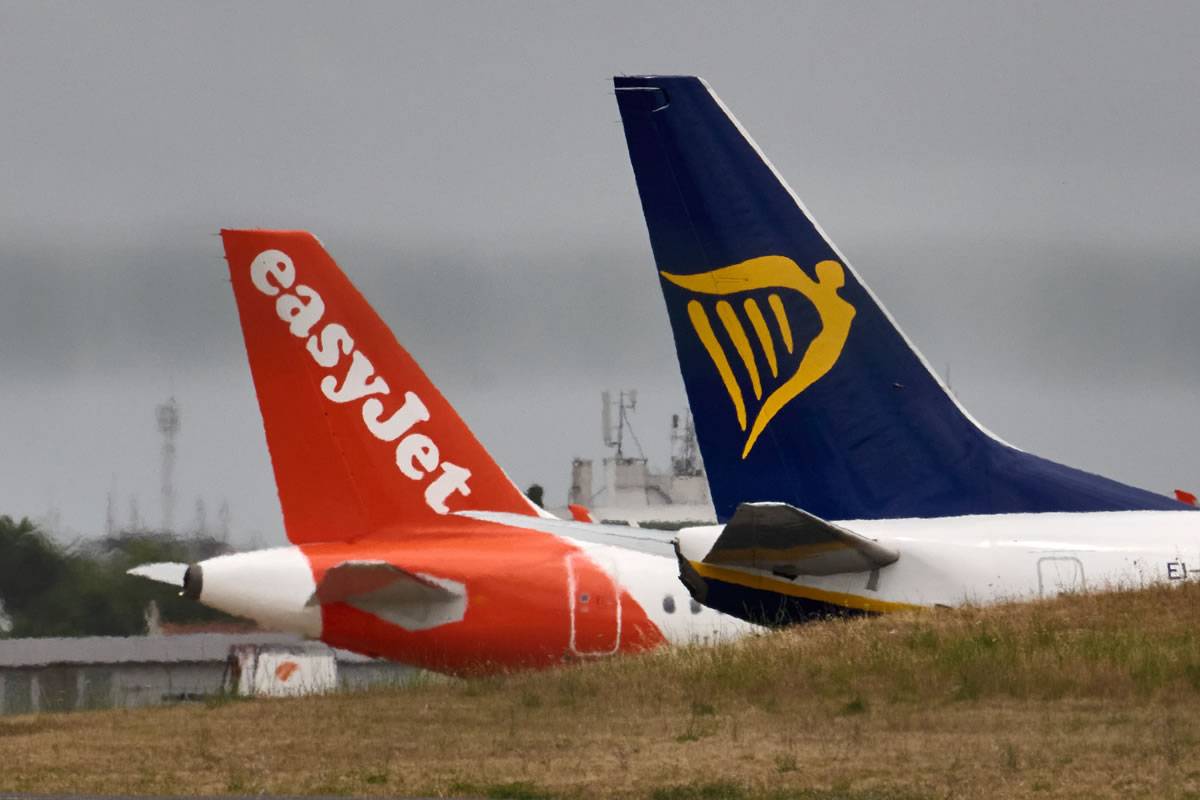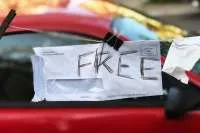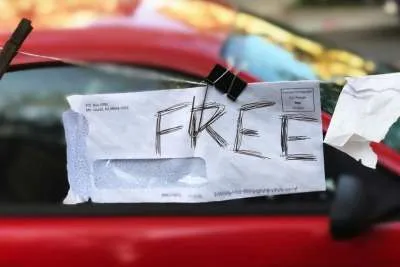Airlines warning to anyone boarding a plane with 'smart bags'
- 16-08-2022
- Business
- Canarian Weekly
A furious holidaymaker has issued a warning to travellers, after claims EasyJet "quietly changed" its rules on permitted baggage. The customer claims they had been denied boarding, after being told that their checked-in luggage was against airline rules. The traveller, journalist and author Pandora Sykes, had checked in a 'smart bag', which is a suitcase that has USB ports.
Taking to Twitter, she said: "Beware anyone being so foolish to fly Easyjet – the captain just refused to let us board our flights because our checked-in suitcases have USB ports (aka “smart bags”). Easyjet quietly changed their Ts&Cs a few weeks ago without telling their customers."
The reasons that these bags aren’t allowed onboard the plane are because Smart bags contain a lithium battery, or a power bank, that is used to power itself and charge other devices. Many bags available on the market now have other high-tech features, such as electronic locks, Bluetooth and WiFi.
Lithium batteries are very safe, but because of their high energy, if they are not treated with care or if they are abused or have a manufacturing fault, they can catch fire. Batteries have been the cause of a number of fires on board aircraft and during ground handling.
However, it is not only EasyJet that have stopped permitting these bags on board, as many other airlines have similar rules in place due to restrictions on the type of batteries that are used to power the bags. So please make sure you can meet the requirements or you may not be allowed on the plane or will have to leave your luggage behind.
Here are the rules for some of the UK's most popular airlines...
EASYJET:
The airline have said that, in all cases, the lithium battery/power bank needs to be disconnected for safety reasons. So, if you are unable to remove it from your luggage, easyJet will not accept the bag on board.
In the hold:
If the smart luggage is to be checked in and put in the hold, you need to disconnect and remove the lithium battery/power bank from the smart luggage at Bag Drop and take it into the cabin with you. Any exposed terminals should be protected from short circuits.
In the cabin:
If the smart luggage is to be carried in the cabin, you need to disconnect and remove the lithium battery/power bank from the smart luggage, but it can stay in the bag.
RYANAIR:
You can take a smart bag on the plane as your item of carry-on baggage. However, you must remove the lithium battery before you put the bag in the overhead locker. The battery must stay with you at all times.
BRITISH AIRWAYS:
If the lithium battery/power bank cannot be readily removed from smart baggage by the customer, the smart bag will not be accepted on the flight. If you can easily remove the lithium battery/power bank, the smart bag is permitted for carriage, subject to the following conditions:
- Lithium battery/power banks up to and including 100Wh are acceptable for carriage.
- Lithium battery/power banks of more than 100Wh up to 160Wh, you will need to see the information in the lithium batteries section for approval.
- If the Wh rating of the lithium battery/power bank is more than 160 Wh, or the Wh rating cannot be determined (e.g. not marked on the battery/power bank case) the lithium battery/power bank will not be accepted on the flight.
- If the smart baggage is to be checked in and will travel in the hold, the lithium battery/power bank must be removed and carried in the cabin (terminals protected against short circuits).
- If the smart baggage is to be carried in the cabin, you must be able to easily remove the lithium battery/power bank, but it can remain in the bag.
- If you are bringing smart baggage with you on a BA flight, you will need to ensure that you are aware of security requirements. If your flight is operated by one of British Airways' partner airlines, contact that airline to ensure you are aware of their smart baggage restrictions.



























































